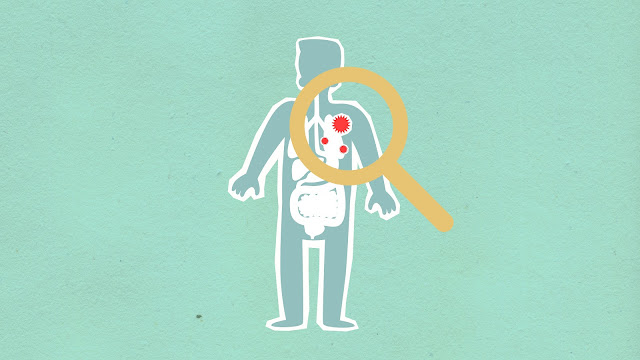The most important thing you can do if you have a heart attack
Silent Heart Attack
Heart disease is the leading cause of death and disability. Many people think that the onset of heart disease is accompanied by some symptoms, such as chest pain, right arm pain, or fainting.
 This is not always the case for victims of silent heart disease. A silent heart attack can show few symptoms and, like other heart attacks, can be fatal. A heat stroke occurs when blood clots in the heart muscle and cause part of the heart to die. This in turn causes heart failure. Recovery from a heart attack depends on how you respond to the symptoms. The delay can be fatal in the case of a heart attack. Because silent heart disease usually occurs without the most common symptoms that people would expect during a heart attack, referral to emergency care is often delayed until it is too late. Symptoms of silent heart disease may include Pain in the arms, chest, and jaw that improves with rest. Shortness of breath and fatigue. Chest pain is a major red flag for an impending heart attack.
This is not always the case for victims of silent heart disease. A silent heart attack can show few symptoms and, like other heart attacks, can be fatal. A heat stroke occurs when blood clots in the heart muscle and cause part of the heart to die. This in turn causes heart failure. Recovery from a heart attack depends on how you respond to the symptoms. The delay can be fatal in the case of a heart attack. Because silent heart disease usually occurs without the most common symptoms that people would expect during a heart attack, referral to emergency care is often delayed until it is too late. Symptoms of silent heart disease may include Pain in the arms, chest, and jaw that improves with rest. Shortness of breath and fatigue. Chest pain is a major red flag for an impending heart attack. Those most at risk for a heart attack are those who have had a previous heart attack. There are also people with diabetes and people who are over sixty-five years old and who have had a stroke. Certain medications can put a person at risk for a silent heart attack. Always ask your doctor to explain in detail all the side effects of any given medication. Smoking and drinking alcohol can increase the risk of heart attack, as well as being overweight. It's important to remember that everyone can take steps to reduce their risk of a silent heart attack. Exercising more and talking to your doctor can only help reduce your chances. If you have looked at your risk factors and determined that you are at risk for silent heart disease, you should have an action plan for when you experience silent heart disease. Do not let doubt arise in such a serious situation. This is a common problem. People put off treatment for heart disease because they worry about the resulting medical bills. What good is money if you die? People turn to herbalists and dentists to relieve the symptoms of silent heart disease. Make your plan before symptoms appear so you can think.





Comments
Post a Comment